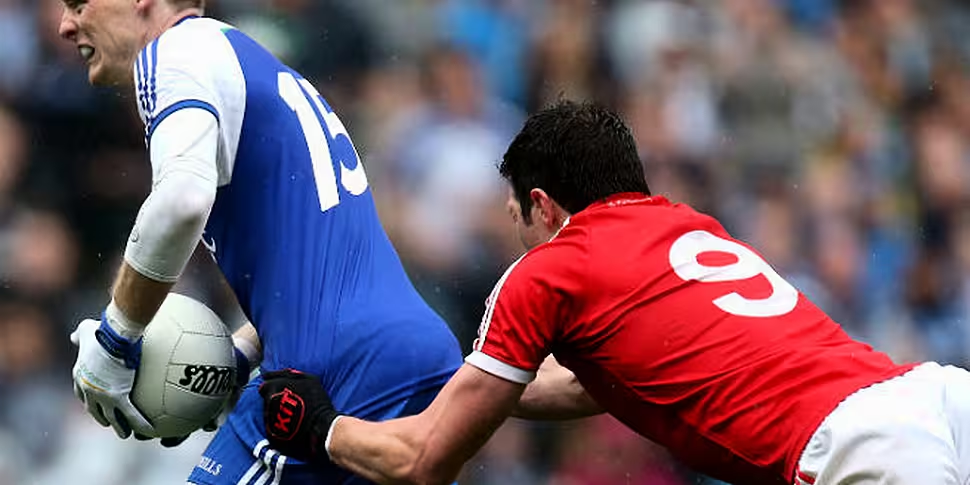Sean Cavanagh's rugby tackle on Monaghan's Conor McManus on Saturday has thrown up a veritable can of worms.
On one side sits ex-Derry star Joe Brolly and a host of others who have condemned the Tyrone man's action, while others have rushed to defend him.
From Cavanagh's point of view, his actions would prevent Monaghan from scoring an almost-certain goal thereby saving Tyrone, all in the knowledge that a yellow card was the most likely penalty. His manager would have expected nothing less with a narrow lead on the line.
The result was a narrow two point victory for the Red Hand county and a place in the All Ireland semi-finals.
The end justified the means from the perspective of Cavanagh, Mickey Harte and Tyrone supporters. But from an ethical sense what would utilitarian philosophers make of it all?
At face value, you would think that Cavanagh would be backed by utilitarian thinkers like Jeremy Bentham and John Stuart Mill as utilitarianism tends to follow an 'ends justify the means' ideology.
A branch of consequentialism it looks at actions from the point of view of ultimate consequences. If the action has a "good" consequence then it is morally acceptable. But it is far more nuanced than that.
According to Bentham, humankind is ruled by pleasure and pain. But he qualifies this by saying:
"It is the greatest good to the greatest number of people which is the measure of right and wrong."
Cavanagh's rugby tackle brought pleasure not only for himself, but also for his team and county. However, the fact that it heaped misery on Monaghan leaves the question of ethics on a knife-edge, especially given the division between neutrals on the issue.
On the other hand, Mill seems to suggest:
"A man who has nothing for which he is willing to fight, nothing which is more important than his own personal safety, is a miserable creature and has no chance of being free unless made and kept so by the exertions of better men than himself."
Does that imply that fighting for one's team - by any means - can be absolved?
However, Mill also claims that:
"The only freedom which deserves the name is that of pursuing our own good, in our own way, so long as we do not attempt to deprive others of theirs, or impede their efforts to obtain it."
Cavanagh sought his own "freedom" but in doing so did deprive Monaghan of theirs.
So it seems, even utilitarian thinkers might have some reservations or are unclear on the issue.
©INPHO/Ryan Byrne









